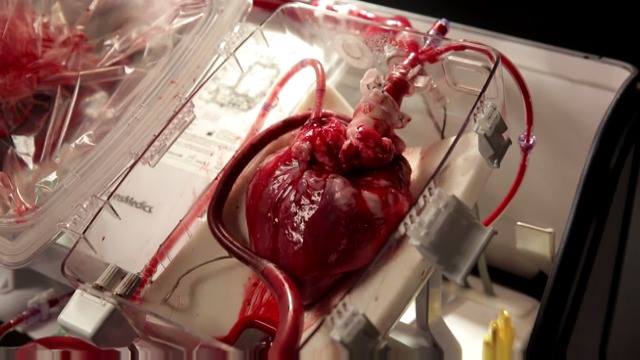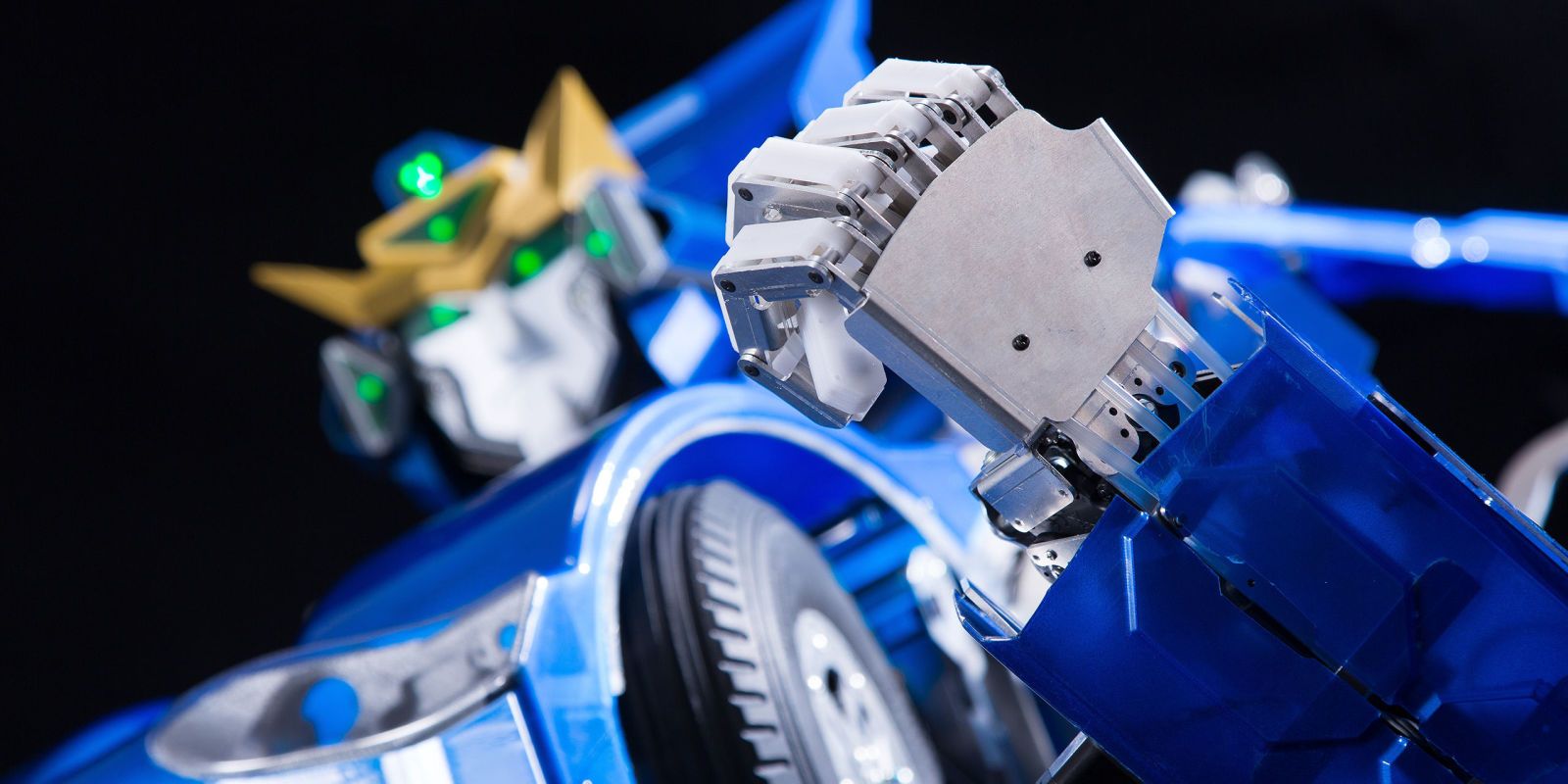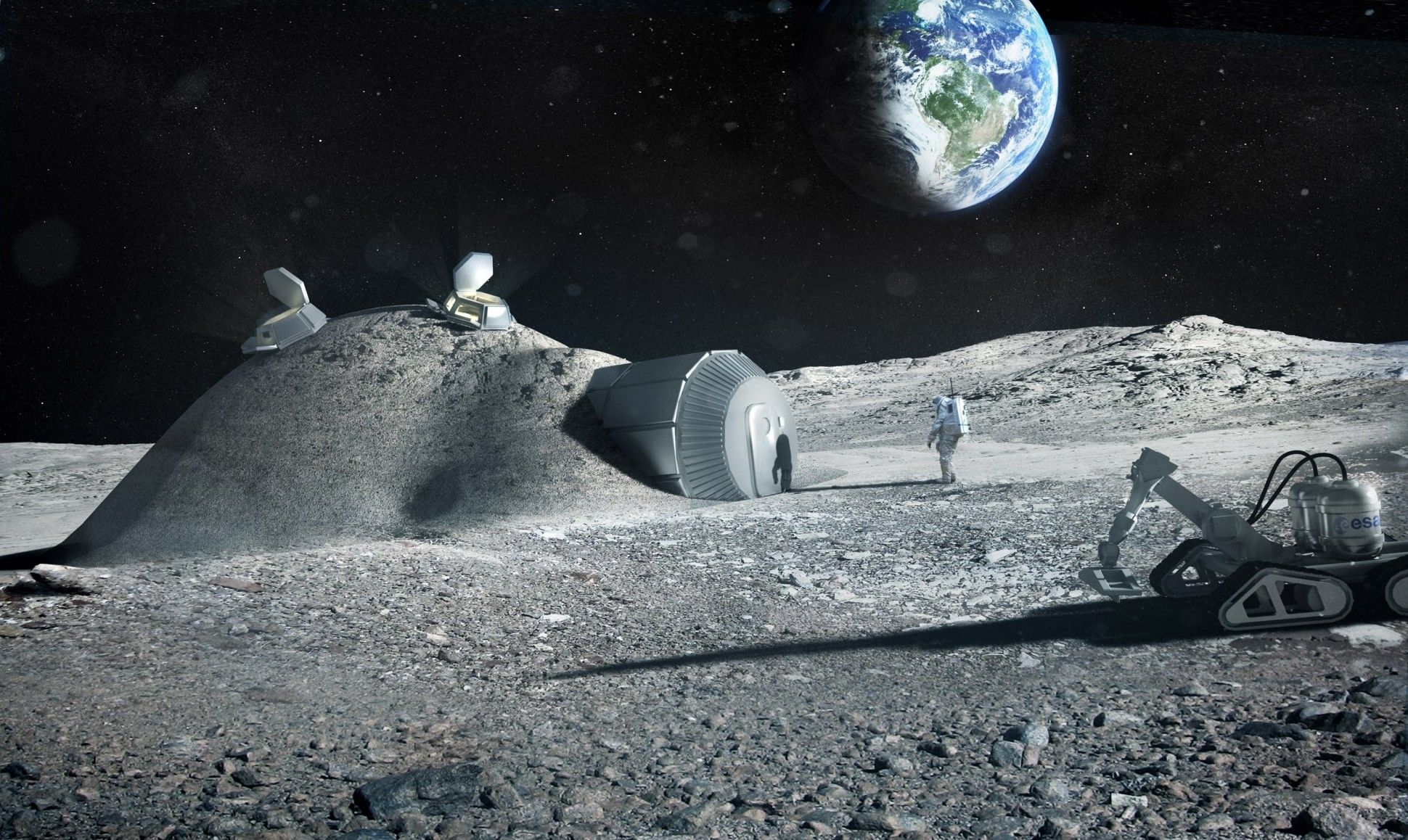Page 11706
Sep 3, 2015
Completely paralyzed man voluntarily moves his legs, UCLA scientists report
Posted by Sean Brazell in categories: biotech/medical, cyborgs, robotics/AI

Mark Pollock and trainer Simon O’Donnell (credit: Mark Pollock)
A 39-year-old man who had been completely paralyzed for four years was able to voluntarily control his leg muscles and take thousands of steps in a “robotic exoskeleton” device during five days of training, and for two weeks afterward, UCLA scientists report.
This is the first time that a person with chronic, complete paralysis has regained enough voluntary control to actively work with a robotic device designed to enhance mobility.
Sep 3, 2015
Silk bio-ink could help advance tissue engineering with 3-D printers
Posted by Shailesh Prasad in categories: 3D printing, biotech/medical, engineering
Advances in 3-D printing have led to new ways to make bone and some other relatively simple body parts that can be implanted in patients. But finding an ideal bio-ink has stalled progress toward printing more complex tissues with versatile functions. Now scientists have developed a silk-based ink that could open up new possibilities toward that goal.
Sep 2, 2015
Rethinking ‘The Martian’: Why Dust Storms Wouldn’t Sabotage A Real Mars Mission
Posted by Bruce Dorminey in categories: entertainment, space
 Matt Damon stars as a NASA astronaut stranded on the Martian surface in the forthcoming film adaptation of Andy Weir’s The Martian. Credit: Twentieth Century Fox.
Matt Damon stars as a NASA astronaut stranded on the Martian surface in the forthcoming film adaptation of Andy Weir’s The Martian. Credit: Twentieth Century Fox.
Martian dust storms rank among the most impressive in our Solar System. But no matter how menacing they appear from Mars orbit, they’re not likely to cause astronauts to abort future surface missions, says a planetary scientist who studies the phenomena.
Although such storms routinely engulf large swaths of the Red Planet for days at a time, any emergency serious enough to evacuate a crew isn’t likely to be triggered by a dust storm of the sort depicted in the forthcoming film adaptation of Andy Weir’s novel The Martian.
Sep 2, 2015
NASA And The Politics Of Going Back To The Moon
Posted by Bruce Dorminey in category: space travel
A year ahead of the 2016 U.S. presidential election, it’s amazing at how small a role the American space program has played during this tempestuous summer of early primary campaigning.
It’s certain that NASA will live long and prosper no matter who’s ultimately elected as our 45th president; the American space agency has done so for 50-plus years. But even in this burgeoning age of commercial space development, political catchphrases such as “Back to the Moon and on to Mars;” “Capture an asteroid and on to Mars;” or even bypass the Moon and “Go directly to Mars” somehow still ring hollow.
On the morning of the recent booster test launch of NASA’s Space Launch System (SLS), I watched NASA Administrator Charles Bolden enthusiastically describe the new launch system. He noted NASA’s goal of using the new system to capture a large boulder from a near Earth asteroid and bring it back to a stable lunar orbit. This planned Asteroid Redirect Mission (ARM) as it’s now called would happen by the middle of the next decade. Then by the 2030s, NASA would re-purpose SLS for a manned mission to Mars. But such massive undertakings still need political will and the funding that goes with it.
Sep 2, 2015
NASA created a material that can heal itself in seconds—even from bullets
Posted by Sean Brazell in categories: materials, space
“Derek Klingenberg—a farmer in Kansas, according to Popular Mechanics—pulled a bluegill out of his pond by baiting a fishing line attached to a DJI Phantom 2 quadcopter, Popular Science reported. Klingenberg told Popular Science that he used a fake worm as bait, and it took about 10 minutes of drone fishing to catch the fish.”
Sep 2, 2015
Britain’s battleship of the future
Posted by Sean Brazell in categories: drones, futurism, military
Britain’s battleship of the future: torpedoes that travel at almost 350 mph, an electromagnetic rail gun, drones made on board and a holographic control room.
Sep 2, 2015
Transplant Surgeons Revive Hearts After Death
Posted by Sean Brazell in categories: biotech/medical, health

New Device Brings ‘Dead’ Hearts Back to Life.
“Heart transplants only come from brain-dead donors whose hearts are cut away while their bodies are still healthy. Without a device such as this, hearts from dead donors are considered by surgeons as too damaged to use. With the device, the heart gets the essential infusion of blood to restore its energy.”
Video Credit: TransMedics.
Sep 2, 2015
Physicists Discover “Hidden Chaos” Lurking Everywhere
Posted by Sean Brazell in category: physics

It appears that the standard tools used to identify chaotic signatures might be missing lots of hidden chaos — especially in systems that seem like they’re not chaotic at all.
Chaos theory is famously associated with so-called “strange attractors,” marked by a telltale butterfly-wing shape (see above). But according to a new paper by two University of Maryland mathematicians, sometimes chaos looks more like “a strange repeller,” or something else entirely.
Continue reading “Physicists Discover "Hidden Chaos" Lurking Everywhere” »














